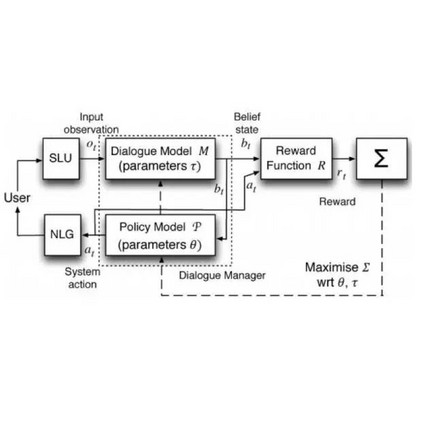Conversational systems enable numerous valuable applications, and question-answering is an important component underlying many of these. However, conversational question-answering remains challenging due to the lack of realistic, domain-specific training data. Inspired by this bottleneck, we focus on conversational question generation as a means to generate synthetic conversations for training and evaluation purposes. We present a number of novel strategies to improve conversational flow and accommodate varying question types and overall fluidity. Specifically, we design ChainCQG as a two-stage architecture that learns question-answer representations across multiple dialogue turns using a flow propagation training strategy.ChainCQG significantly outperforms both answer-aware and answer-unaware SOTA baselines (e.g., up to 48% BLEU-1 improvement). Additionally, our model is able to generate different types of questions, with improved fluidity and coreference alignment.
翻译:交汇系统可以促成许多有价值的应用,而问答是其中许多应用的重要组成部分。然而,由于缺少现实的、针对具体领域的培训数据,对话的问答仍然具有挑战性。受这一瓶颈的启发,我们侧重于对话问题生成,以此作为为培训和评估目的生成合成对话的手段。我们提出了一些新的战略,以改善对话流量,适应不同的问题类型和整体流动性。具体地说,我们设计了链式CQG,作为一个两阶段结构,利用流动传播培训战略,学习多个对话的问答表达方式。CHainCQG明显超越了对答和答无源SOTA基线(例如高达48%的 BLEU-1改进)。此外,我们的模型能够产生不同种类的问题,同时改进流动性和关联性。




